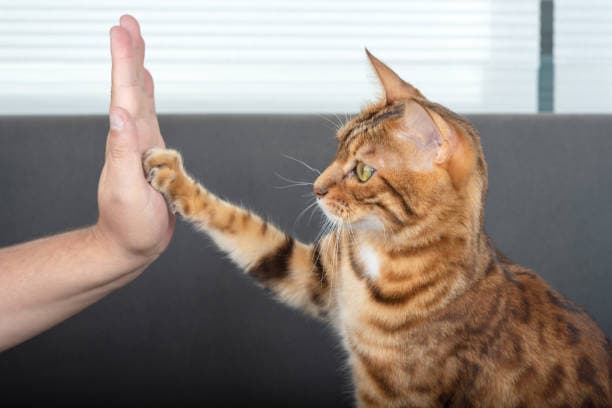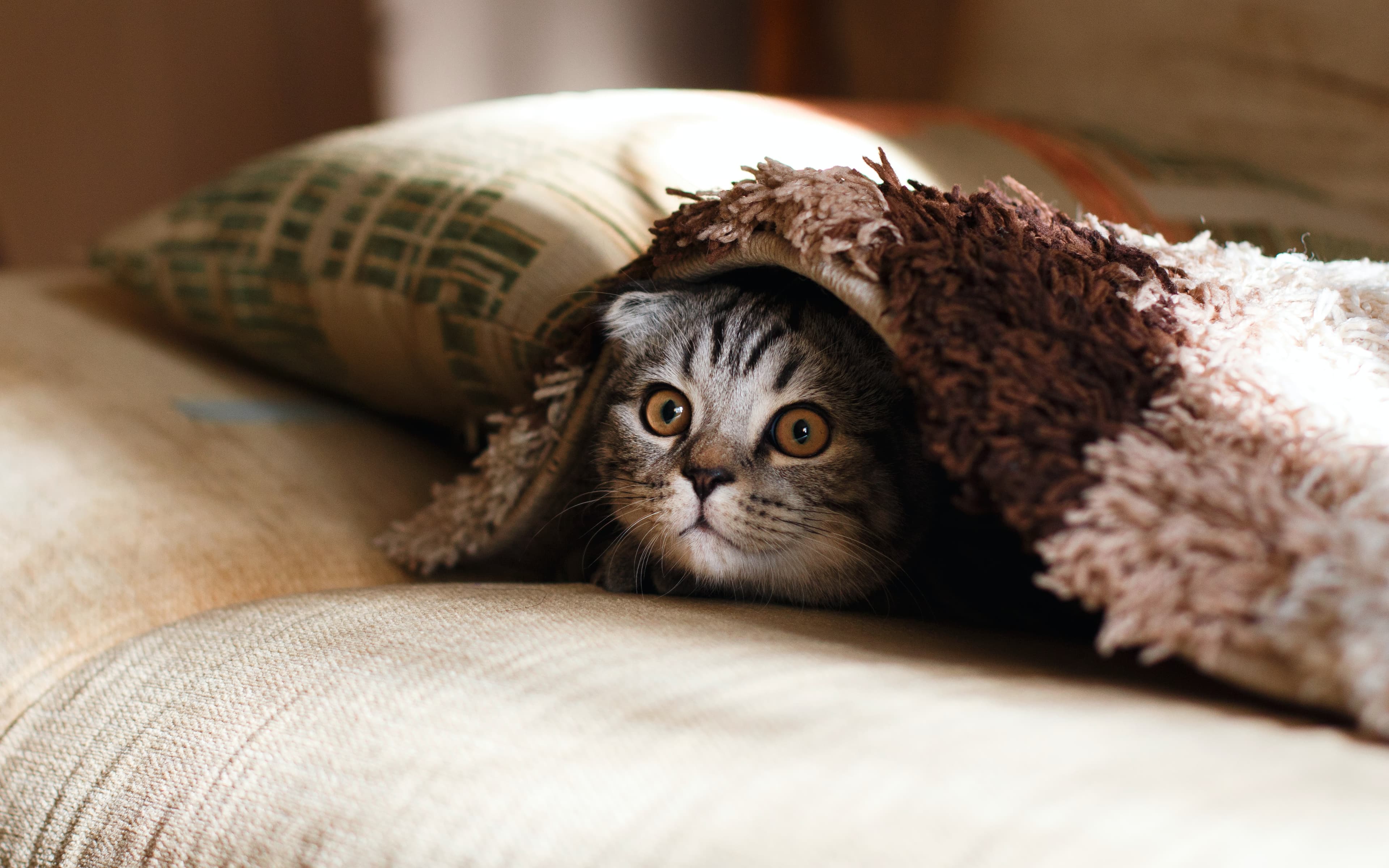
Cat Needs


Cats communicate through a variety of body language cues such as tail position, ear movement, eye gaze, and fur texture. Understanding these cues can help us better interpret a cat's mood and intentions. For example, a relaxed cat may have a loose tail and relaxed ears, while a dominant cat may have a straight, upright tail and forward-facing ears. Additionally, a cat's behavior such as lying down or sitting can also indicate their state of mind. Understanding cat body language can improve communication and strengthen the bond between cat and owner.

So, you’ve got in a situation where your cat tends to stare at you a lot, and you're tired of guessing what it means? To communicate with a person, cats often use not only voice and movements but also their eyes.

A cat purring is a distinct vibrating sound of varying duration, often in a low pitch, that is generated by vibrations in the range of 20 to 50 hertz (according to Elisabeth von Muggenthaler, a bioacoustic specialist at the Fauna Communication Institute in North Carolina). This mode is pleasant to the human ear, it does not cause anxiety and irritation. This article will help answer two main questions. “Why do cats purr?” and “How do cats purr?”

